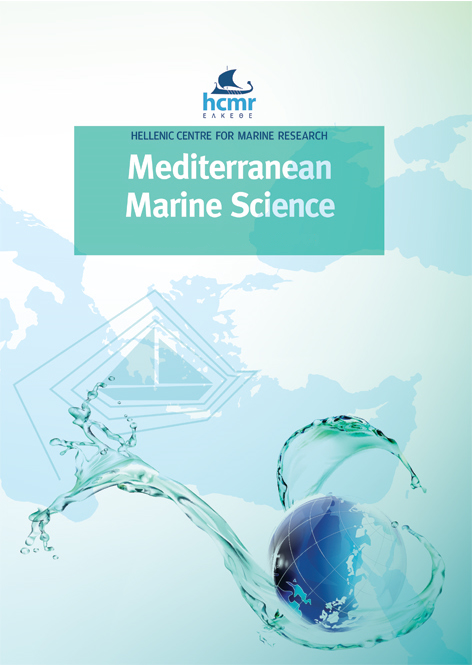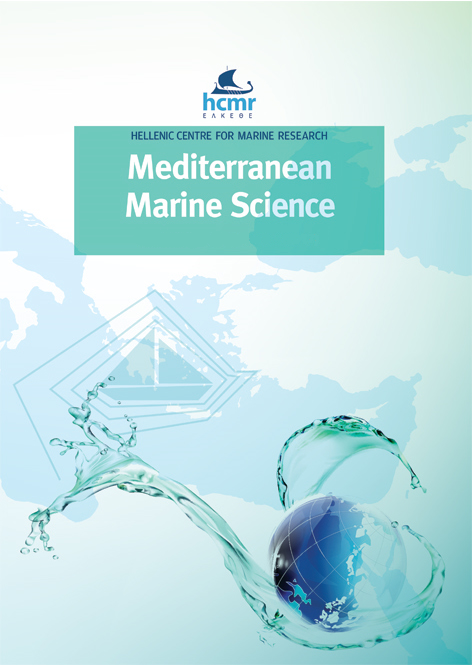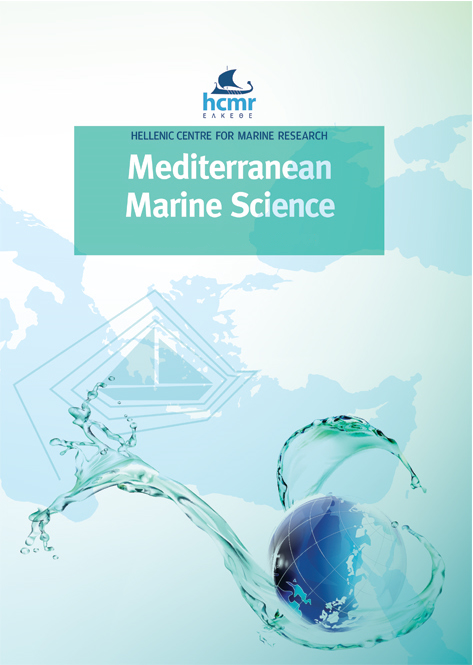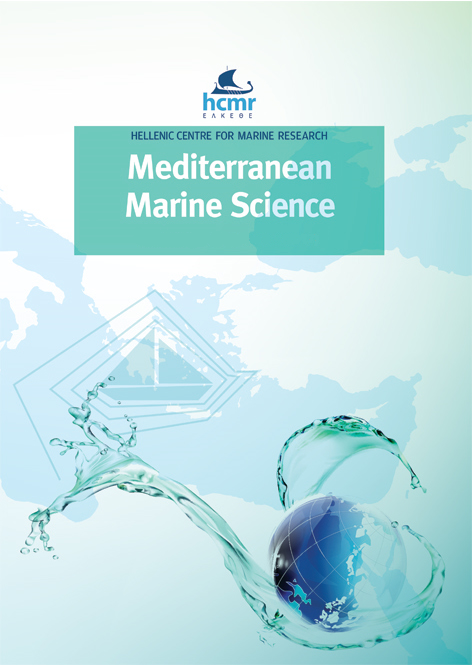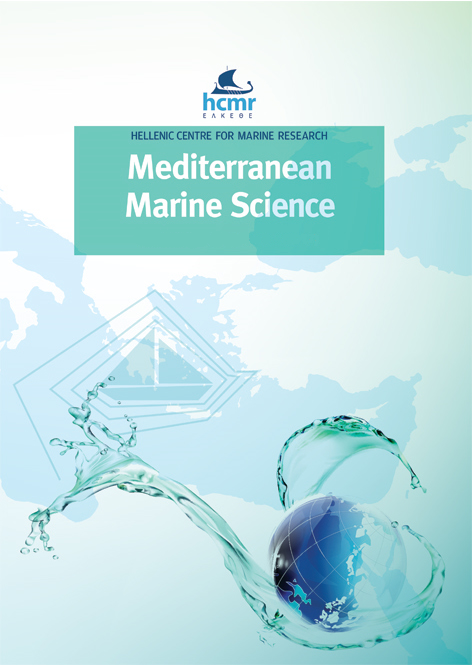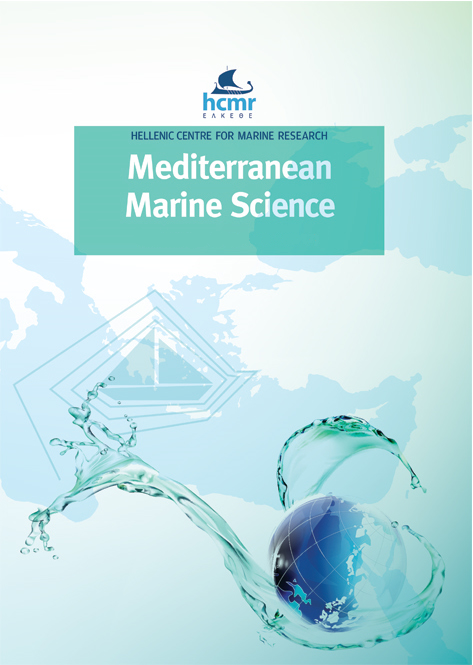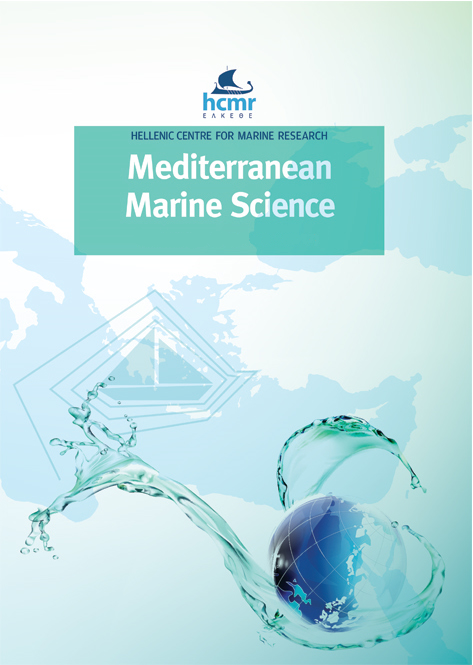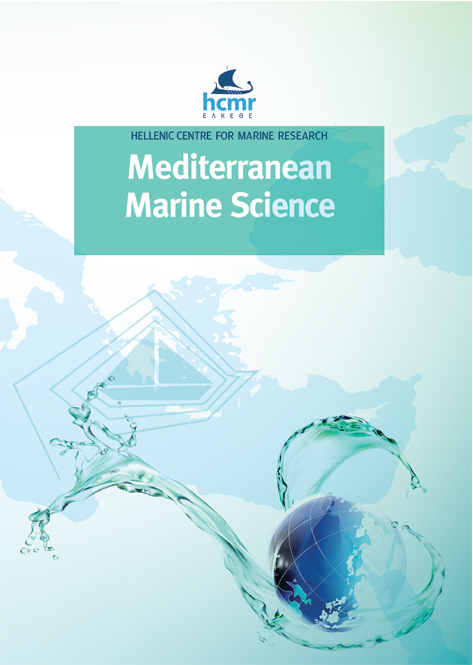Non-indigenous polychaetes along the coasts of Italy: a critical review
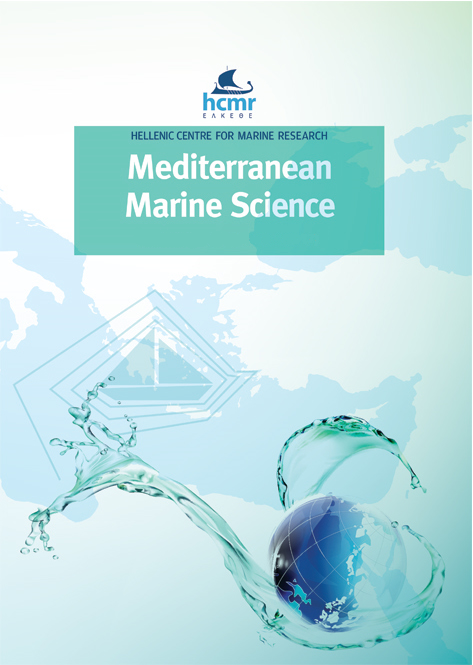
Abstract
Non-indigenous species (NIS) represent one of the most relevant threats to biodiversity, ecosystem functioning and human activities, and their occurrence and spread have been the subject of numerous works and revisions. However, the information available is rather confused for several taxa, including polychaetes, which are characterised by having a high number of cryptogenic and questionable species. This work aims at providing a revised checklist of alien polychaetes occurring along the coasts of Italy, based on the examination of newly collected and deposited material and on the critical analysis of published and gray literature, and whenever possible on the re-examination of historical material. Of the 86 polychaete species reported as NIS in Italian waters, 25 are confirmed as alien species, while 3 are cryptogenic, and 40 should be considered questionable. Finally, 18 species were excluded from non-indigenous species checklists, either because they are native, or because they represent misidentifications of other species. The high number of cryptogenic and questionable species points at the need of molecular studies and taxonomic revisions for the majority of polychaete taxa reported as NIS, in order to clarify their taxonomy, origin, introduction pathways and spreading patterns.
Article Details
- How to Cite
-
LANGENECK, J., LEZZI, M., DEL PASQUA, M., MUSCO, L., GAMBI, M. C., CASTELLI, A., & GIANGRANDE, A. (2020). Non-indigenous polychaetes along the coasts of Italy: a critical review. Mediterranean Marine Science, 21(2), 238–275. https://doi.org/10.12681/mms.21860
- Issue
- Vol. 21 No. 2 (2020)
- Section
- Review Article
Authors who publish with this journal agree to the following terms:
- Authors retain copyright and grant the journal right of first publication with the work simultaneously licensed under a Creative Commons Attribution Non-Commercial License that allows others to share the work with an acknowledgement of the work's authorship and initial publication in this journal.
- Authors are able to enter into separate, additional contractual arrangements for the non-exclusive distribution of the journal's published version of the work (e.g. post it to an institutional repository or publish it in a book), with an acknowledgement of its initial publication in this journal.
- Authors are permitted and encouraged to post their work online (preferably in institutional repositories or on their website) prior to and during the submission process, as it can lead to productive exchanges, as well as earlier and greater citation of published work (See The Effect of Open Access).





